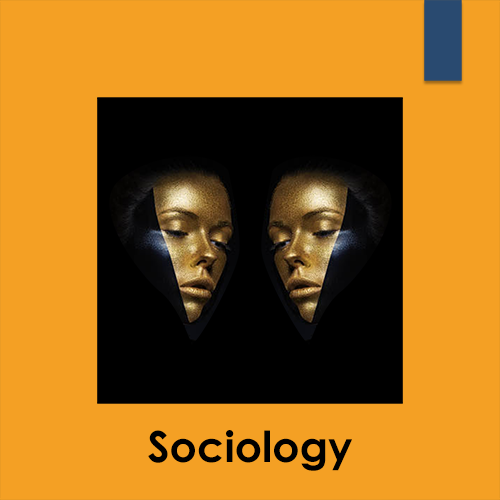
Lecturer: Dr Amin Sharifi Isaloo
Department: Department of Sociology and Criminology, School of Society, Politics and Ethics.
Module: Sociology of Globalisation and Development (SC3003).
Plan for Integration of GCDE
The SC3003 module is pretty straightforward and a very interesting module. The main strength of this module is that the students learn the analysis of global inequality in economic, political and cultural forms through study of contemporary examples and case studies. I focus on understanding rather than coverage. I use real examples, case studies, animations, short video clips and images to provide an integrated and interrelated curriculum. Indeed, it is a move from the assimilation of huge numbers of facts to an understanding of concepts. I try to encourage students to develop thinking and analytical skills rather than memorisation. The main successes of the module are ‘learning by doing’ and ‘learning from each other’.
As President (of Ireland) Michael D. Higgins outlined in 2016, I believe we have a crucial role to play in enabling citizens to foster independent thought, engaged citizens and skills to address challenges such as global poverty, climate change and sustainability. I employ entry points of Multiple Intelligences (MI) theory via the pedagogical framework of Teaching for Understanding (TfU), which create a learning environment conducive to Universal Design for Learning (UDL), to have a fruitful and interesting classes. I encourage students to participate in group works and discussion, which, in turn, helps them to understand the course theories and concepts. I also provide opportunity to all students (individually) to discuss and debate contemporary issues related to the course topics in their class. I get a midterm feedback and a feedback during the last lecture to understand the strengths and weaknesses of my teaching strategy. As I received very positive feedback from students, I will work further to enhance equality and opportunities for learning in my classes.
To empower learners of all ages to assume active roles, both locally and globally, in building more peaceful, tolerant, inclusive and secure societies, I try to consider GCED’s three domains of learning cognitive, socio emotional and behavioural and to promote a sense of belonging to the global community and a common sense of humanity and global collective responsibility in all my classes. As McLarenand Kincheloe (2007:21) points out students must be able to analyse competing power interests between groups and individuals within a society.
Considering education for sustainable development and global citizenship (SDG goals), I have tried and will try to ensure that all students acquire the knowledge and skills needed to promote sustainable development, including, among others, through education for sustainable development and sustainable lifestyles, human rights, gender equality, promotion of a culture of peace and non-violence, global citizenship and appreciation of cultural diversity and of culture’s contribution to sustainable development.
Documents
Praxis plan
Sharifi Isaloo, Amin_case-study-Praxis-Plan (PDF opens in a new tab/window)
Biography
Dr Amin Sharifi Isaloo
Dr Amin Sharifi Isaloo has a PhD in Sociology and he is a lecturer in the Department of Sociology & Criminology at University College Cork.
His fields of interests include race, ethnicity, migration, nationalism, development, politics, religion, arts and culture focusing on sociological and anthropological interpretations of symbols, images and ritual performances. He is the author of the book ‘Power, Legitimacy and the Public Sphere: The Iranian Ta’ziyeh Theatre Ritual’ (2017). His recent publications are ‘Liminality in the Direct Provisional system – Living under extreme rules and conditions’ (2020), and ‘Liminality and Modern Racism (2021).
The Centre for Global Development
Copyright. All rights reserved. Praxis UCC
